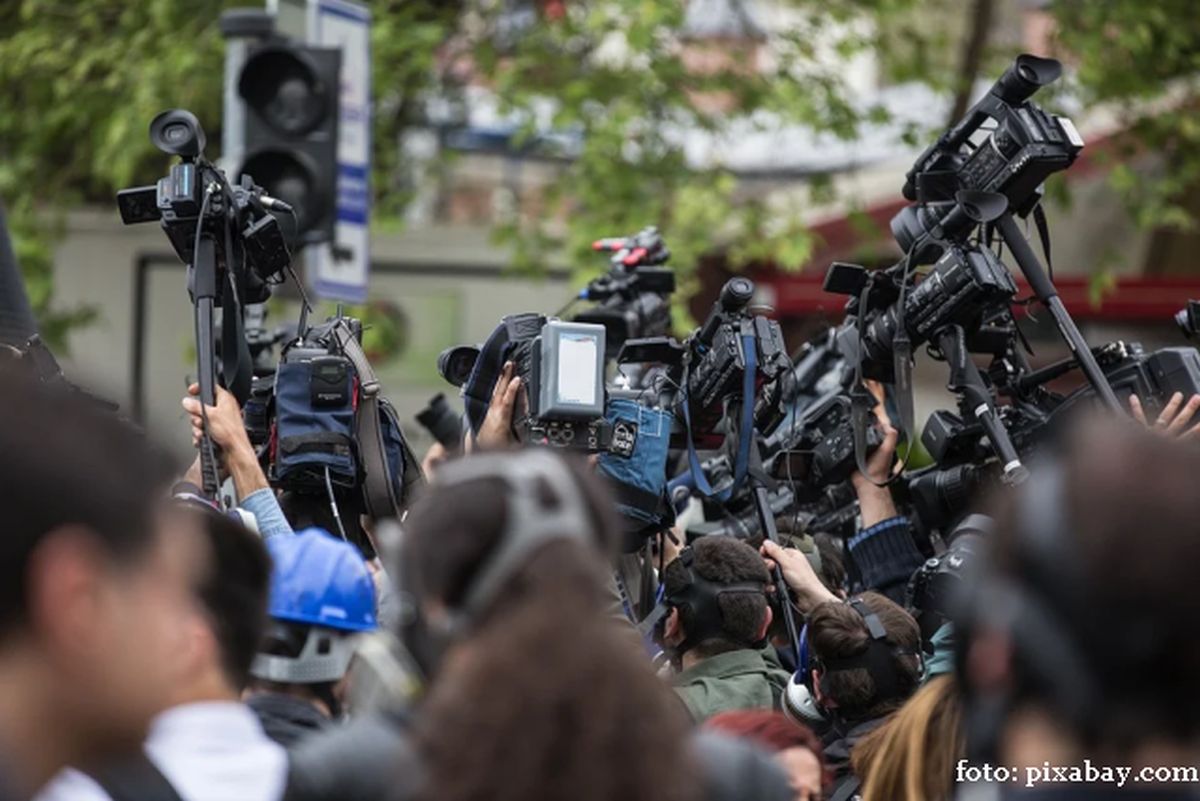Democracy in decline
A consortium of non-governmental organizations has recently released the third edition of the State of Democracy Report

Christine Leșcu, 27.03.2024, 14:08
A consortium of non-governmental organizations consisting of the Resource Center for Public Participation (CERE), ActiveWatch and the Internet and Technology Association has recently released the third edition of the State of Democracy Report. Analyzing situations that occurred in 2023, the authors of the document conclude sharply: “Democracy has been slowly dying”. Even if we did not see a spectacular development compared to the past years or to other countries in our region, the trends of narrowing the civic space and attacks on civil liberties continued, slowly but surely.”
This conclusion is completed by Oana Preda, expert in advocacy within CERE.
“The decline that started a few years ago basically went on and we’ve already gotten used to it. The fact that we have become accustomed to it is a bad thing in itself, because it lowers our vigilance. That’s why we insist on reporting all these slippages whenever we see them and putting them in the annual reports that give us the big picture. As usual, we follow some themes that we will consider relevant for the quality of civic space and democracy in general.
One first aspect highlighted by the State of Democracy Report is freedom of assembly. In a year in which Europe was marked by numerous protests on various issues, in Romania the atmosphere was somewhat calmer, which did not prevent the authorities from being overly cautious. Here is Oana Preda again:
“We started the year 2023 with a project to amend the Criminal Code, a project initiated by the prime minister at the time, Mr. Nicolae Ciucă, which include a provision for a prison sentence of up to 7 years for disturbing the peace and public order. We considered this to be a danger, a potential for abuse and intimidation against people who would, for example, want to participate in protests or public demonstrations, not in disturbing the public peace. Fortunately, after efforts by civil society and the media, the initiators withdrew that draft amendment. But it took us some effort and we should be vigilant and on alert, because these things end up on the politicians’ agenda when you least expect it. Beyond the legislative framework, although 2023 was a year poor in protests and street demonstrations, we could still see an overzealousness of law enforcement worthy of a better cause. The year began, for example, with the intimidation of potential activists, people who did not make much noise and who were allegedly standing in solidarity with the victims of the war in Gaza. The media reported that many of them were either invited to police stations or visited at home, and advised not to participate in protests and street demonstrations or post things on Facebook and , if possible, not even talk about the war.”
As it had happened before, in 2023 the freedom of the press was threatened due to financial reasons: either the money was insufficient to support a journalistic endeavor, or it was provided under certain conditions that would prevent the natural manifestation of that endeavor. The editorial offices of the Gazeta Sporturilor and Libertatea publications were forced to radically change their teams and editorial policy following unnatural interference by the employers. Also, the independent journalist Emilia Șercan, who exposed plagiarism in many doctoral theses signed by politicians, was further harassed as a result of her investigations. Oana Preda has more:
” I don’t want to generalize, but a good part of the press was basically bought many times with public funds. For example, in 2023, the parties spent almost 121 million lei on press and propaganda. Which explains why a lot of information that could affect the image of the parties in power stays between us or just in our bubble. We saw in 2023 how editorial independence was sacrificed for profit. And we have the cases of the dailies “Gazeta Sporturilor” and “Libertatea”. We also have the example of the journalist Emilia Șercan, with the file that would have shed light on the abuses suffered in 2023. It was suddenly classified, without any explanation. As I was saying earlier, these things explain a little bit why this information stays here, between us.”
Moreover, access to public information, regulated by a law that has been in place for many years, was hampered in 2023, Oana Preda said on the occasion of the launch of the Democracy Report.
“An extremely important tool for journalists, but also for activists, is access to information of public interest. To our colleagues from the FILIA Center (feminist organization), who requested information regarding the cases that had as their object sexual offenses against minors, the Prosecutor’s Office replied that, in order to receive this information, the person who requested the information had to prove that it was a member of the organization and to bring a power of attorney that they had the right to request that information. We have another answer received from the General Secretariat of the Government by our colleagues from the Center for Public Innovation. The request had been for the list of persons in the position of Secretary of State and Councilor of State. The information was not provided on the grounds that it would contain personal data. These are just two examples that show that institutions are becoming more and more inventive in taking advantage of all kinds of exceptions that the law provides. Therefore, colleagues who systematically monitor certain categories of information, now no longer receive the data they used to receive. We don’t realize it, but these things happen slowly.”
Precisely because the situation has been deteriorating without note, the vigilance must increase not only from the civic associations, but also from the rest of society.






























